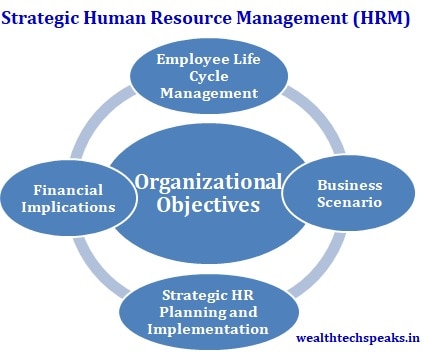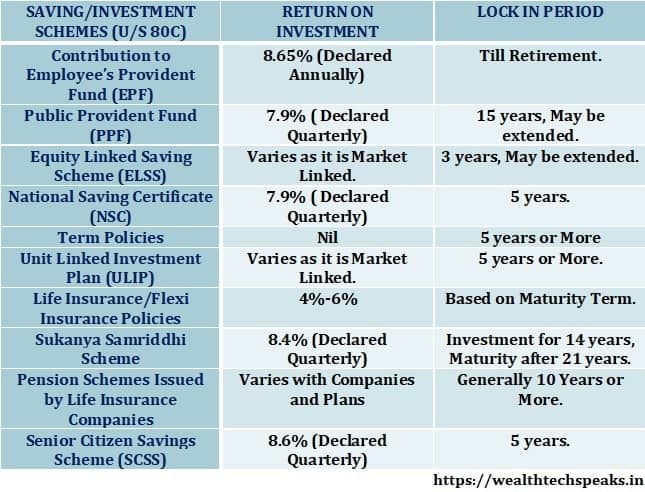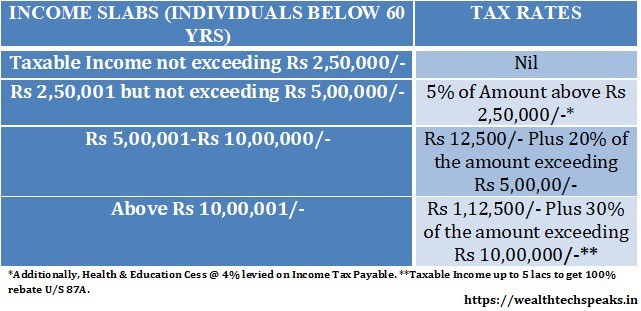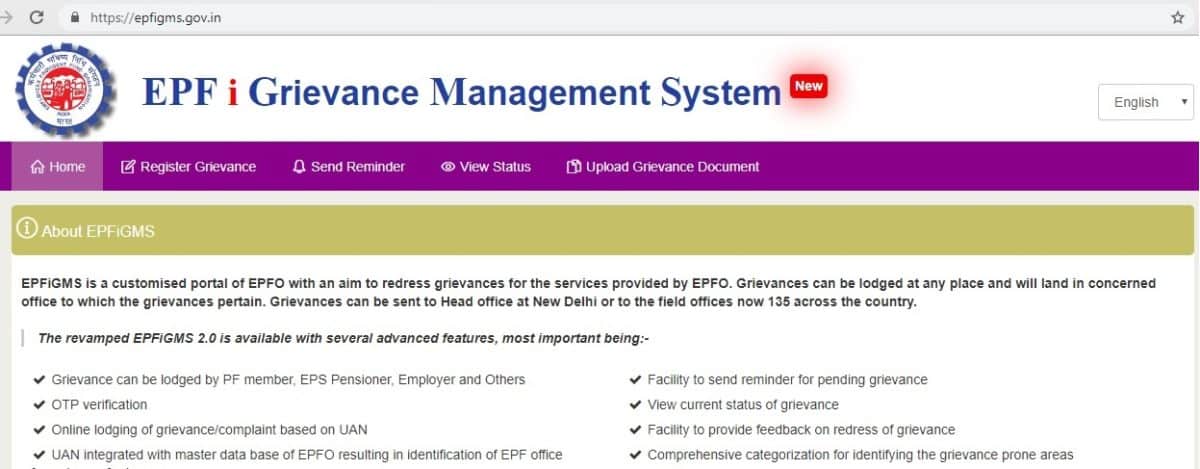
Employees’ Pension Scheme (EPS): Should You Opt for Deferred Withdrawal?
- Posted By Amritesh
- On August 30th, 2017
- Comments: 12 responses
Recently, Government made amendments to the Employees Pension Scheme (EPS) norms allowing Subscribers to defer withdrawal of pension (After 58 years) for minimum of 1 year and maximum of 2 years along with additional interest of up to 8.16% on actual pension. The amendments offer two options to the Subscriber with regard to deferred withdrawal of pension fund. First, the Subscriber may continue to contribute to the Pension Fund for the extended period and the same will be considered while calculating Pensionable Salary and Pensionable Service. Second, the Subscriber decides to defer the withdrawal for 2 years but opts not to contribute during the deferment period.
Higher Pension Under EPS For Members
Employees’ Pension Scheme (Series-1)
Benefits Under Employees’ Pension Scheme (Series 2)
Calculation Of Pension Under Employees’ Pension Scheme (Series-3)
Employees’ Pension Scheme (EPS): Increase Your Pension with Deferred Withdrawal
Out of the two options mentioned above, the 1st option offers higher pension amount as compared to the latter as it will include additional pensionable years of service.
Calculation of Pension under Deferred Withdrawal of Pension and Alternative Plans
Mr.X is a member of the Pension Fund for past 33 years, he has decided to defer his pension withdrawal till the age of 60 but has opted not to contribute to the fund during the deferral. His salary at the time of retirement is Rs 15,000/- (Basic plus DA) and Pensionable Salary also comes to Rs 15,000/-.
Deferral without Contribution for Deferment Period of 2 years:
Actual Pension Amount: Pensionable Salary x *Contribution Period/70
15,000×35/70= Rs 7500/-
After Increase: 7500*108.16/100= Rs 8112/-
Deferral without contribution will earn Rs 612/- more than the actual pension.
Note: *Contribution above 20 years fetches additional weightage of 2 years.
Another person, Mr.Y is a member of the Pension Fund for past 33 years, he too has decided to defer his pension withdrawal till the age of 60 while continuing to contribute to the fund. His salary at the time of retirement is Rs 15,000/- (Basic plus DA) and Pensionable Salary also comes to Rs 15,000/-.
Deferral with Contribution for Deferment Period of 2 years:
Actual Pension Amount: Rs 7,500
New Pension Amount with Inclusions: Pensionable Salary x *Contribution Period/70
15,000 * 37/70= Rs 7929/-
After Increase: 7929*108.16/100= Rs 8576/-
Deferral of pension with contribution will fetch Rs 1076/- more as compared to actual pension.
Mr.Y will receive Rs 464/- more as monthly pension when compared with Mr.X, as his contributed to the fund for additional 2 years.
Note: *Mr. Y has contributed to the fund for more than 20 years. Hence, gets an additional weightage of 2 years along with consideration for extended period of contribution.
Is it really Worth Deferring Pension or You have an Alternative?
An additional hike of 8.16% on the actual pension does sound decent and will lure many of the Subscribers to defer their withdrawal by 2 years. But if one is to analyze it deeply, you will find that the return is pretty mediocre to say the least.
Lets continue with the illustration shown above, we observe that a person may earn additional pension of Rs 1076/- or Rs 612/- with or without contributing during the deferred period.
Now say, Mr X withdraws immediately on completion of 58 years.
He will start earning a monthly pension of Rs 7.500/- immediately.
Now, if he decides to deposit the entire pension in Recurring Deposit for 2 years @ 7% p.a (assumed). He would amass Rs 1,93,731 at the end of the period.
At the end of 2 years, one may invest the corpus in an annuity plan or a fixed deposit which may earn a return of 7% (assumed), if not more. This implies that Rs 1,93,731 will give you a return of Rs 13,510 (approx) annually.
Therefore, the total monthly Retirement Benefit will stand at Rs (7,500 + 1125) = Rs 8625/- which is Rs 513/- higher to the amount offered under Deferred Withdrawal without Contribution. Furthermore, EPS does not offer any lumpsum benefit but in the above mentioned case you will have Rs 1,93,731 at your disposal, in case of any requirement.
Similarly, If Mr. Y chooses not to go for deferral withdrawal, he may divert the entire contribution to EPF till the time of superannuation which will add to his retirement corpus while above mentioned option will take care of his monthly pension as well.
The plan shown above is a mere illustration and one should only opt for it if he/she is confident of making disciplined investment. Or else, it is advisable to opt for deferred withdrawal of pension.
Important Point to note for Members Attaining 58 Years in next 2 years
Pensionable Salary is the average salary of last 60 months. The amendment raising the ceiling from Rs 6,500 to Rs 15,000 was introduced in the year 2014. So please do calculate the Average Salary and the difference therein as it may have a telling impact on your final pension amount.
Illustration:
Mr. Z completes 58 years on 1st January,2018. His salary at the time is Rs 50,000/-.
His Pensionable Salary will be:
Period from 1st Jan,’13- Aug,’14 (20 months)
20×6500 = Rs 1,30,000/-
Period from Sept,’14 – Dec,’17 (40 months)
40x 15000 = Rs 6,00,000/-
Pensionable Salary is Rs 12,167/-.
However, if he decides to defer the withdrawal and continues to contribute for the extended period. His Pensionable Salary will be Rs 15,000/- (Average of last 60 months). Thereby the Pension will be much higher and such members may go for deferred withdrawal.
Individuals are advised to take into consideration all such aspects and consult a financial advisor before taking any decision.







